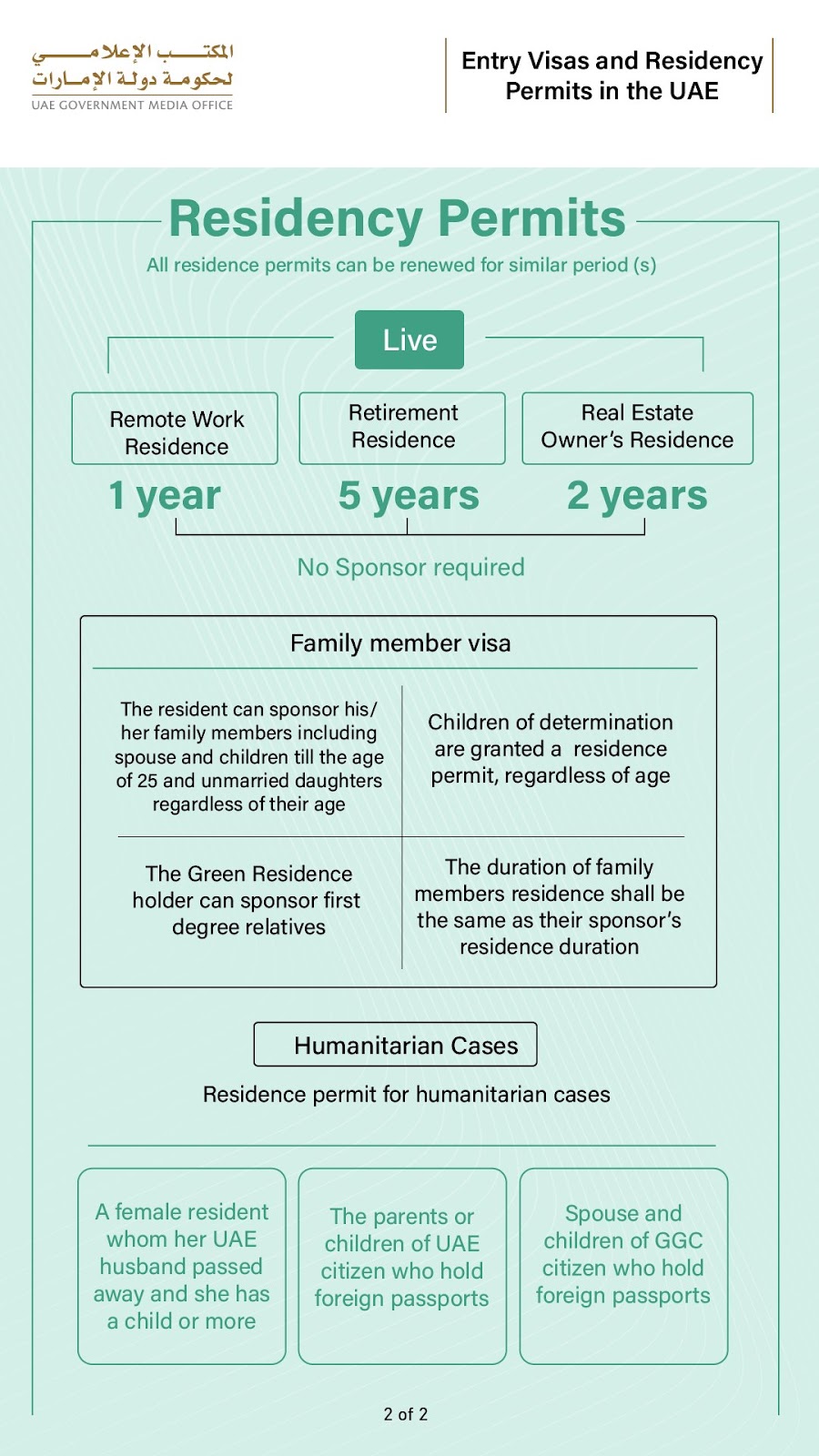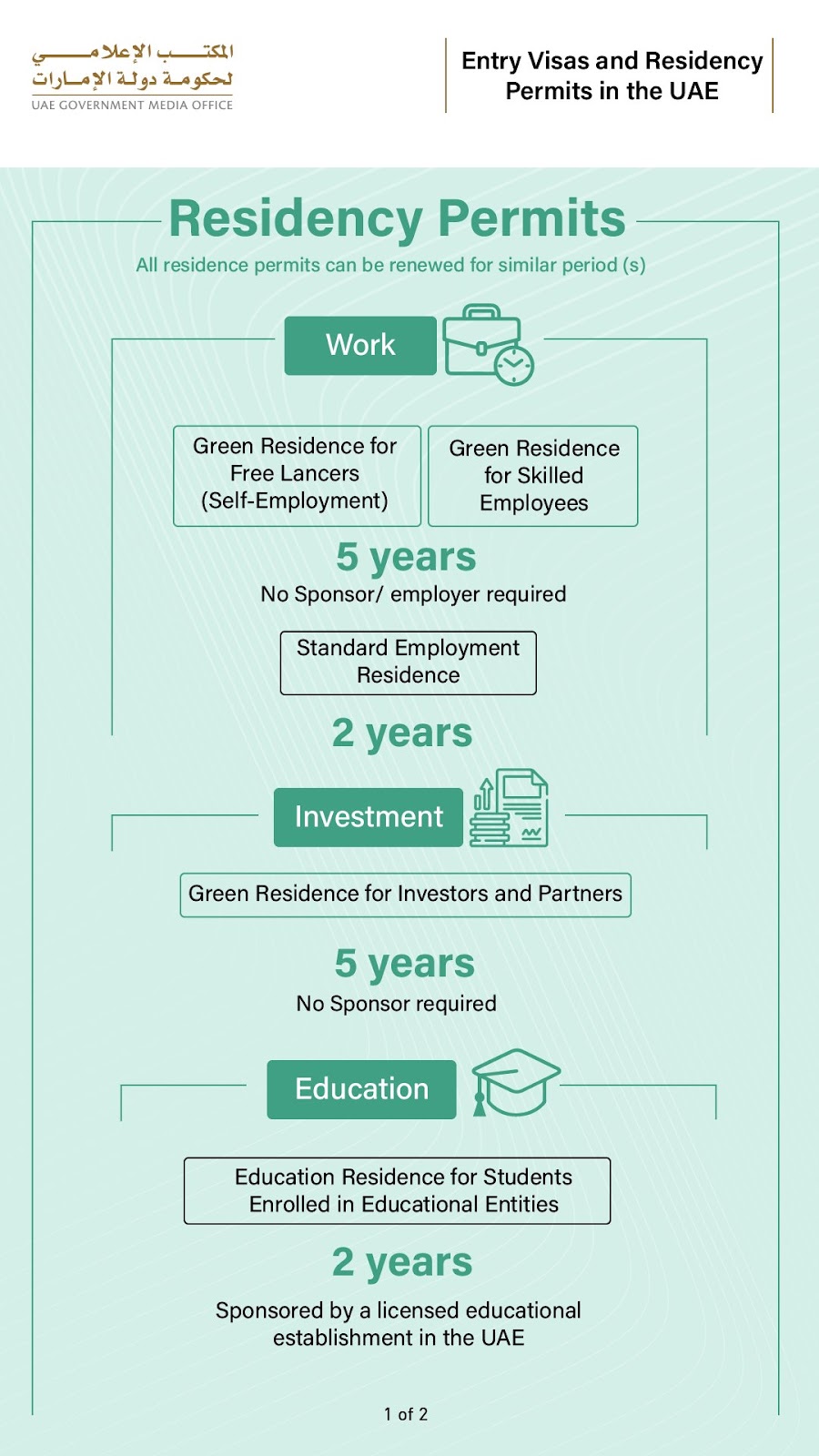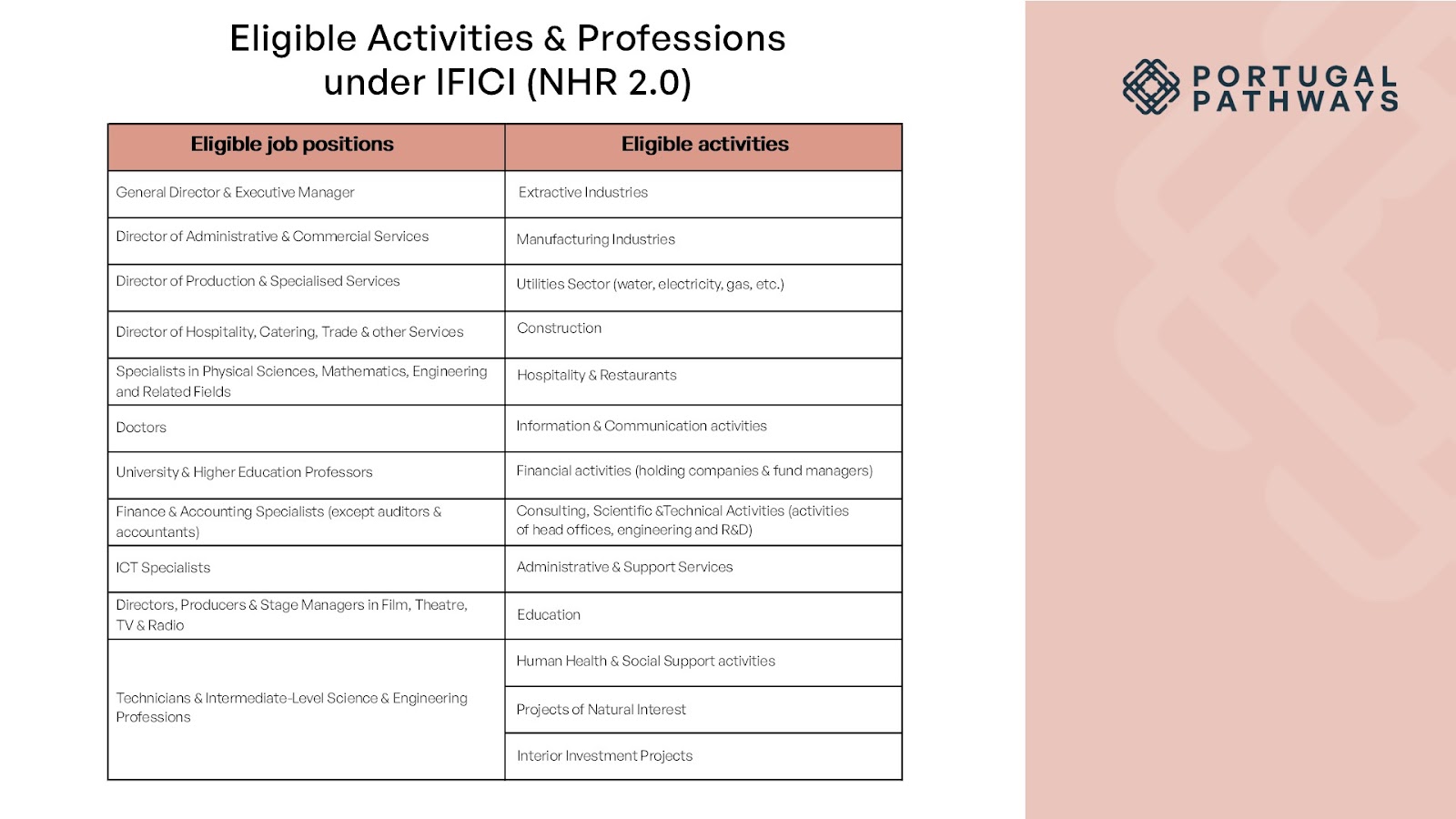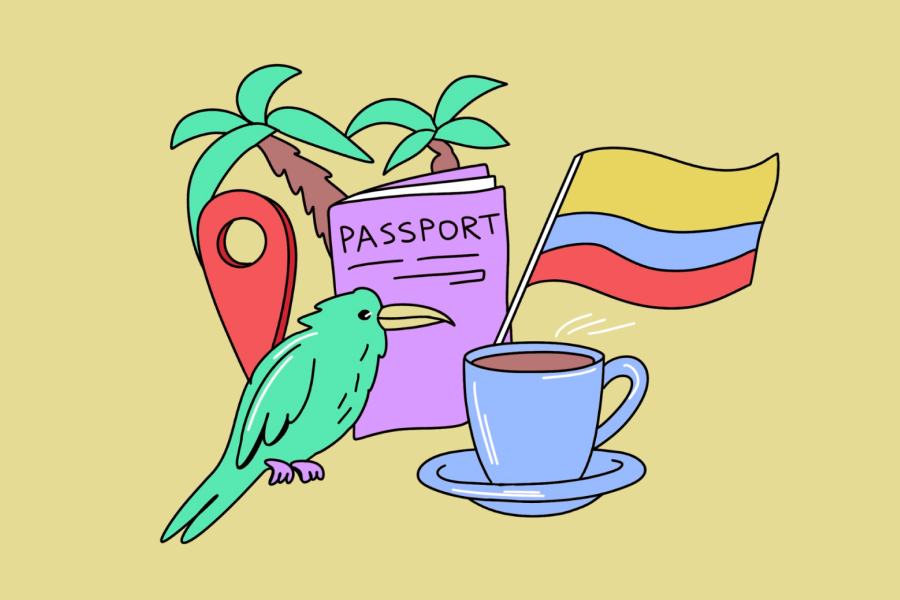10 Low Income Tax Countries That Let You Keep More Cash
Dive into a practical guide to low-tax living abroad, with insights on tax systems, top countries to consider in 2025, and key factors to weigh before making the move
July 25, 2025
July 25, 2025

Key Points
- Low-income tax countries offer legal ways to reduce your tax burden — ideal for remote workers, entrepreneurs, and digital nomads.
- There are different types of tax-friendly systems with various tax percentages.
- Popular destinations in 2025 include the UAE, Georgia, Panama, Costa Rica, Mexico, Bulgaria, Portugal, Thailand, Bahamas, and Monaco — each offering unique lifestyle perks alongside low to no income taxes.
- Cost of living, safety, and infrastructure are just as important as tax rates when it comes to choosing a place.
Imagine waking up in a sunlit apartment in Portugal, logging in to your remote job with a cup of great (and cheap!) coffee in hand — and knowing that you’re keeping way more of your income than you would back home. That’s the appeal of low-income tax countries.
More and more people, from digital nomads and online business owners to retirees, are now moving to places where tax systems are friendlier, the weather’s better, and life doesn’t seem that expensive as back home. But what exactly are these countries and how do you know if moving to one makes sense in your case? Let’s explore.
What is a low-income tax country, anyway?
Well, in short, it’s a place where the government takes a smaller slice of your income — sometimes even none at all. When we say “low-income tax”, it is usually implied that a country has either zero personal tax income or a territorial tax system where only local income is taxed.
But it’s not only about taxes. Such countries often offer other legal advantages: better business conditions, lower living costs, or easier residency programs for foreigners.
They are especially appealing if:
- you either work remotely or have a location-independent business
- you want to save more and stretch your income
- you’re open to the idea of living abroad and exploring a different culture
Where are people moving in 2025?
If you’re seriously considering relocating, here are some standout countries that combine low taxes with a decent quality of life. I selected these countries because they offer a combination of safety, relatively straightforward entry or visa options for remote workers of various nationalities — and, of course, low or no income tax.
United Arab Emirates (UAE)
If you’re looking for a zero-income-tax haven with the lowest tax burden and a buzzing international scene, UAE, especially its major cities, Dubai and Abu Dhabi, might be your match.
If you earn well and want access to luxury, efficiency, and global networking, the UAE offers it all. Just be prepared for a hot desert climate — and a few cultural adjustments if you’re coming from the West, such as modesty in clothes in public places.
Tax system: zero personal income tax
Tax rate: 0% on personal income, including foreign one
Tax residency trigger: 183 days or more in a 12-month period
Residency path:
- Remote Work visa — 1-year, renewable. To apply, you need to prove that you work remotely for a company outside of the UAE and that you receive at least USD 3,500 per month.
- Employment-based visas — usually 2-year. To apply, you need to be employed by an UAE company.


For more information on other types of visas, visit The United Arab Emirates’ Government portal.
Things that matter:
- Cost of living: the estimated monthly cost of living in Dubai for a single person is 1,136.3$ excluding rent
- Excellent infrastructure and internet
- Safety
- Expat-friendly, very international community
Cons: Expensive housing, hot climate, strict rules in some areas
Limitations: Must maintain visa status through employment or self-sponsorship. Not ideal for those seeking citizenship
Georgia
This country, conveniently located right in the middle between Europe and Asia, has quietly become a favorite for digital nomads and freelancers. It’s easy to see why. Tbilisi, the capital, has a growing startup culture, good and cheap Wi-Fi, and a low cost of living. Additionally, citizens from many countries can stay visa-free for up to a year. The food? Incredible. The people? Welcoming. Sceneries? Breathtaking.
Tax system: territorial tax
Tax rate: 0% on foreign-sourced income when non-resident; 20% on local income
Tax residency trigger: 183 days or more in a 12-month period or High Net Worth Individual (HNWI) program
Residency path:
- Citizens of 95 countries can stay in Georgia for a year without any visa
- Digital Nomad Visa known as “Remotely from Georgia” project, valid for 1 year: foreign applicants need to either work remotely or own a location independent business, have a minimum income of USD 2,000 and have a health insurance valid for 6 months
Things that matter:
- Cost of living: the estimated monthly cost of living in Tbilisi for a single person is 638$ excluding rent
- Good infrastructure and internet
- Safety
- Vibrant nomad scene
Cons: English is not widespread, cold winters
Limitations: It is not always clear how “foreign income” is defined or treated. If you transfer foreign-earned income into a Georgian bank account, it may be considered taxable, especially if you became a tax resident. Make sure to talk to a local accountant if you plan to spend more than 183 days in Georgia.
Panama
Foreign income isn’t taxed, the dollar is widely used, and it has one of the best banking systems in the region. The capital, Panama City, feels like a mini Miami with its skyline and ocean views — but with a much slower pace. And English is fairly common, especially in urban areas. A Friendly Nations Visa can turn into permanent residency in just two years.
Tax system: territorial tax
Tax rate: 0% on foreign-sourced income; progressive rate on local income — from 0% if you earn less than USD 11,000 to 25% if you earn more than USD 50,000
Tax residency trigger: 183 days or more in a 12-month period or having a “center of vital interests” in Panama such as economic or family interests proven by an employment contract or a real estate ownership
Residency path:
- Friendly Nations visa: you need to be a citizen of one of the 50 countries and show ties with Panama — have a job, invest USD 200,000 into real estate or have it on a bank account in Panama.
- Digital Nomad Visa known as the Short Stay Permit for remote workers: you need to have at least USD 36,000 annual remote income. Will allow you to stay for 9 months which can be extended for another 9 months.
For more information on other types of visas, visit the official website of the National Immigration Service of Panama.
Things that matter:
- Cost of living: the estimated monthly cost of living in Panama City for a single person is 826.6$ excluding rent
- Good infrastructure and internet
- Safety
- Lively expat community
Cons: humidity, July-November hurricane season
Limitations: You must re-enter at least once every 24 months to keep residency active
Costa Rica
Costa Rica has been a magnet for nature lovers and wellness seekers — and now it’s catching the attention of remote workers too, thanks to the introduction of the Digital Nomads Law in 2021. If you are working remotely and have a minimum monthly income of USD 3,000, you can stay in the country for a year with a possible extension. Costa Rica only taxes local income, so if you’re earning abroad, you may not owe anything there. The lifestyle is relaxed, the natural beauty is jaw-dropping, and the expat community is strong. If your ideal work day includes surfing in the morning and fresh mangoes in the afternoon, Costa Rica might be calling your name.
Tax system: territorial tax
Tax rate: 0% on foreign-sourced income; progressive rate on local income — from 0% if you earn up to ₡842,000 to 25% if you earn more than ₡4,340,000
Tax residency trigger: 183 days or more in a 12-month period
Residency path:
- Digital Nomad Visa: enables you to stay in the country for a year with a possibility of extension for another year. You will need to prove that you’re either self-employed or employed by a foreign company, have a minimum monthly income of USD 3,000 and have health insurance.
For more information on other types of visas, visit the official website of the Costa Rican Ministry of Migration.
Things that matter:
- Cost of living: the estimated monthly cost of living in San Jose for a single person is 939.9$ excluding rent
- Reliable fiber in Central Valley
- Safety
- Huge wellness community
Cons: slow paperwork
Limitations: you must spend 80 days in the country during the first year of your digital nomad visa to renew it
Mexico
It is one of the most popular destinations for expats, especially from the States and Canada — and not just because of tacos. Add in the lower cost of living, rich culture, amazing climate, and it’s easy to see the appeal.
Places like Mexico City, Oaxaca, Tulum, and Playa del Carmen each offer something different — from big-city energy to laid-back beach vibes. Be sure to check the neighborhoods online first. It’s true for all Latin America, but for Mexico especially: your safety very much depends on where you live.
Tax system: territorial tax
Tax rate: 0% on foreign-sourced income when non-resident; progressive rate on local income — up to 35%
Tax residency trigger: 183 days or more in a 12-month period
Residency path:
- Temporary Resident visa: allows you to stay for 1 year initially with a possibility of extension for up to 3 years — 4 years in total. The main requirement is the financial one: you need to show a regular monthly income of at least USD 4,185 over the last 6 or 12 months, depending on the consulate.
For more information, visit the official website of the Consulate of Mexico Abroad.
Things that matter:
- Cost of living: the estimated monthly cost of living in Mexico City for a single person is 762.3$ excluding rent
- Ubiquitous mobile date
- Huge expat hubs
Cons: safety varies by region, bureaucracy
Limitations: once you become a tax resident by staying in the country for more than 183 days, the tax rates are less appealing compared to other countries on the list
Bulgaria
Not the most popular digital nomad destination at the moment, but that’s changing. Bulgaria has one of the lowest flat income tax rates in the EU for tax-residents — just 10% — and the same flat rate applies to corporate profits. That alone makes it attractive. But there’s more: the country is safe, Sofia and Plovdiv have lively startup scenes, the cost of living is low, and you get access to the EU market without the Western European price tag. And there are beaches too!
In June 2025, the Bulgarian parliament passed a proposal for a Digital Nomad Visa. The details are still to come, but it is already clear that the country wants to attract remote talent from around the world. If you’re after a base in Europe that’s budget-friendly and under the radar, Bulgaria is a smart bet.
Tax system: flat tax
Tax rate: 0% on foreign-sourced income when non-resident; 10% on worldwide income when a tax resident
Tax residency trigger: 183 days or more in a 12-month period or having a “center of vital interests” in Bulgaria, such as economic or family interests
Residency path:
- Digital Nomad Visa: the details are to come as this visa was introduced on June 27, 2025. The visa itself will become available in three months after the official approval date
- Type D visa: a long-term visa which is issued for either 6 or 12 months. You need to meet at least 1 of the 22 grounds provided in the Article 24 of the Foreigners in the Republic of Bulgaria Act. You will also need to have health insurance and sufficient funds: at least 6 times the minimum monthly wage on the bank account, which is BGN 1,077 in 2025.
For more information on other types of visas, visit the official website of the Ministry of Foreign Affairs of the Republic of Bulgaria.
Things that matter:
- Cost of living: the estimated monthly cost of living in Sofia for a single person is 784.1$ excluding rent
- Good infrastructure and internet
- Safety
Cons: winter smog, bureaucracy, Cyrillic alphabet
Limitations: English is not widely spoken; many government services are paper-based and require in-person visits
Portugal
Portugal has been a darling of the expat world for a while now, and for a good reason. The country had attracted a lot of digital nomads with its special tax regime called the NHR (Non-Habitual Resident), but this came to an end in March 2025. The new program is called the IFICI, Tax Incentive for Scientific Research and Innovation.
Lisbon and Porto, two main nomadic destinations, are both vibrant, creative cities, and even smaller towns offer a high quality of life.
Tax system: special regime
Tax rate: 0% on foreign-sourced income when non-resident; 20% for IFICI holders
Tax residency trigger: 183 days or more in a 12-month period or having an official residence in Portugal
Residency path:
- IFICI program: it’s not a visa or residency permit itself, it’s a tax status that applies once you’re already a resident. If you’re approved, you get 10 years of favorable tax treatment from the year you become a Portuguese tax resident — 20% flat tax rate on locally-sourced income. You can apply if you meet all the criteria:
- You became a tax resident of Portugal on or after January 1, 2024
- You haven’t been a Portuguese tax resident in the previous 5 years
- You haven’t used the NHR regime in the past
- You work or are going to work in one of the qualifying sectors

For more information on other types of visas, visit the official website of the Ministry Of Foreign Affairs of Portugal.
Things that matter:
- Cost of living: the estimated monthly cost of living in Lisbon for a single person is 881.6$ excluding rent
- Fiber everywhere
- Excellent healthcare
- Lively expat community
Cons: soaring rent in big cities; famously slow bureaucracy
Limitations: If you already used the NHR program in the past, even if it expired, you can’t apply for IFICI.
Monaco
It’s one of the most exclusive — and tax-friendly — places in the world, and not just for Formula 1 fans and yacht owners. Monaco draws expats and investors from across Europe and beyond, thanks to its zero income tax, pristine Mediterranean setting, and reputation for security and elegance.
Living here, though, comes at a steep price: do make sure your finances are ready for Monaco-level cost of living before falling in love with the sea views.
Tax system: zero income tax for non-French nationals
Tax rate: 0% on personal income
Tax residency trigger: 183 days or more annually, or having a “center of economic interests” in Monaco
Residency path:
- Carte de Séjour, Permanent Residency Card: the first card most new residents receive is valid for 1 year with a possibility of renewal. You’ll need to prove accommodation in Monaco, either owned or rented, and sufficient financial means — €500,000+ in a local bank.
For more information, visit the official website of the Principality of Monaco.
Things that matter:
- Cost of living: the estimated monthly cost of living in Monaco for a single person is 1068$ excluding rent
- Great infrastructure, cleanness
- Ultra-safety
Cons: astronomical housing cost; social life can feel exclusive
Limitations: high financial bar; citizenship virtually unattainable
Thailand
Thailand has long been a favourite for expats, remote workers, and adventure-seekers — and not just for the street food and motorbike rides through jungle roads. With its affordable lifestyle, welcoming culture, and year-round warmth, it offers an easy point of entry for anyone curious about living in Southeast Asia.
Bangkok is the go-to if you want it all: buzzing energy, modern co-working hubs, and world-class healthcare. If you’re after something slower and cooler, Chiang Mai in the north has become a digital nomad hotspot with its temples, cafes, and laid-back vibe.
Tax system: modified territorial system — once you’re a tax resident, Thailand taxes your worldwide income, but only if it’s brought into the country the same calendar year it’s earned. If you keep your foreign-earned income abroad and only bring it into Thailand the following year or later, it is not taxed.
Tax rate: 0% on foreign-sourced income when non-resident; progressive rate on local income — up to 35%
Tax residency trigger: 180 days or more in any tax year
Residency path:
- Digital Nomad Visa known as the Destination Thailand visa (DTV): allows to stay for up to 180 days with a possibility of extension for another 180 days. To apply, you need to be at least 20 years old, prove your employment status (either with a foreign company or being self-employed), and have at least 500,000 THB on the bank account for the previous three months.
- Long-Term Resident visa (LTR): 10-year stay for remote workers, wealthy expats, high-skilled professionals, and retirees. If you’re a remote worker, you need to earn at least $80,000 per year — or $40,000 with a Master’s degree or higher in sciences and technology. You’ll also need health insurance with at least $50,000 coverage, or proof of savings. Your income will be taxed at 17% rate.
For more information on other types of visas, visit the official website of the Department of Consular Affairs of the Kingdom of Thailand.
Things that matter:
- Cost of living: the estimated monthly cost of living in Chiang Mai for a single person is 552.3$ excluding rent
- Good internet, cheap co-working
- Good healthcare
Cons: thick air pollution due to the burning season from February to April; big time-zone gap for those working with the Western companies
Limitations: income and insurance thresholds which must be maintained annually; tricky remittance rules
The Bahamas
The Bahamas continues to attract expats from North America and beyond — and not just for the picture-perfect beaches. With its zero income tax, English-speaking population and proximity to the U.S., it’s a natural choice for those looking to blend a relaxed island lifestyle with financial freedom.
Each island has its own character. Nassau offers more amenities and infrastructure, while places like Eleuthera or the Exumas are all about peace, privacy and turquoise waters. One thing to keep in mind: not every island has the same internet quality or access to healthcare, so be sure to check this beforehand.
Tax system: zero personal income tax
Tax rate: 0% on foreign income, capital gains, inheritance
Tax residency trigger: 183 days or more in a 12-month period
Residency path:
- The Bahamas used to have a digital nomad program called BEATS, Bahamas Extended Access Travel Stay. However, it is no longer available. Generally, depending on your country of origin, you may stay in The Bahamas for 90 days without any visa.
- Residency through real estate investment: you can apply for permanent residency if you invest $750,000 or more in property in The Bahamas
For more information on other types of visas, visit the official website of the Department of Immigration of the Government of The Bahamas.
Things that matter:
- Cost of living: the estimated monthly cost of living in Nassau for a single person is 1,784.7$ excluding rent
- Good fiber in Nassau
- Safety
Cons: high cost of living; hurricane risk; limited services on out-islands
Limitations: no designated immigration program for digital nomads at the moment
From what I've seen, Mexico, Portugal, and Georgia are among the best low-tax countries today. Mexico stands out for its ease of temporary residency and favorable tax treatment for foreign income if you plan correctly. Portugal's NHR program (now shifting) was great for retirees and remote earners.
One of my clients slashed over $40,000 in annual costs just by relocating to Mexico — and still kept his U.S. remote job.
Running Mexico-City-Private-Driver.com, I've met dozens of expats and digital nomads who came to Mexico for tax savings, but stayed for the lifestyle upgrade. That particular client went from paying high U.S. taxes and rent in California to living in Mexico City, where rent was 70% cheaper, healthcare cost 80% less, and personal income tax obligations were minimal. His disposable income tripled.
{{Martin Weidemann}}
Types of tax systems
When we talk about “low-tax” or “tax-friendly” countries, we usually mean one of four main systems. Let’s break them down, so you know exactly what you’re dealing with when choosing your next home base.
Zero income tax
This one is easy: the country doesn’t tax personal income. At all. That means whether you earn money locally or abroad, you pay 0%.
Examples:
- UAE
- The Bahamas
- Monaco
Territorial taxation
In these countries, you’re only taxed on money earned inside the country. If your income comes from clients, companies, or investments outside the country — it’s usually not taxed at all.
Even if you spend more than 183 days in the country and become a tax resident, your foreign income usually remains untaxed locally.
I’m using this vague language because it’s not always that simple and really depends on the country. For example, if you physically perform the work while in the country, some tax authorities may argue it’s a local income, even if your client is abroad. The best way is always to find a local tax consultant or an accountant and check which taxes would apply to your situation.
Examples:
- Georgia
- Panama
- Costa Rica
- Mexico for non-residents
Flat tax
In these countries every tax resident pays the same income tax rate, regardless of how much they earn and whether it’s a foreign-sourced or local income. No complicated brackets — just one simple percentage.
Examples:
- Bulgaria, 10%
Special tax regimes
Some countries offer limited-time tax deals for newcomers — think of them as a “welcome package”. You might pay reduced tax on certain types of income or get a break on foreign income for a number of years.
Examples:
- Portugal’s IFICI program: 20% flat rate on locally-sourced income
- Thailand’s LTR visa: 17% flat tax for certain highly skilled professionals
Even in territorial or zero-tax countries, pay attention to a tax residency status. It’s usually based on how many days you stay in the country. This status can change how you’re taxed.
Also, some countries, like the United States, tax you no matter where you live. We’ll dive into that next.
What to keep in mind before you go?
You may already be mentally ready to explore the possible options, but you will need to do some prep. For a solid foundation, check out our Budgeting Tips for Freelancers: 4 Steps to Your Financial Success. Here’s what I advise you to check before you move.
Tax residency rules. Most countries determine tax residency based on the number of days you stay — usually 183 days or more in a calendar year. Some countries also look at your “centre of life” or “centre of interests” — things like: where your family lives, where you own property, where your main job or business is based.
Double taxation treaties. Just because you’re paying less or even nothing in your new country, doesn’t mean that you’re off the hook at home. Some countries, like the United States, tax citizens on worldwide income no matter where they live. The important thing here is to check whether your home country has a tax treaty with your new one. If unsure, it’s always best to consult with a tax advisor to avoid being taxed twice — once at home and once abroad.
CFC laws. CFC stands for Controlled Foreign Corporation. If you open a business or hold a company abroad, even just for freelance billing, your home country might still tax it. CFC rules are especially strict in countries like Canada, the UK, Australia, and Germany.
Healthcare & insurance. It’s best to always have private health insurance no matter where you’re going. Make sure the coverage is tailored to your specific needs — for example, surfing if Portugal is your country of choice.
Infrastructure. Consider your needs, but always research internet availability in the area you’re thinking about — there are still places in the world where the internet is unreliable or barely exists.
Language and culture. Adapting to a new culture and language (and food sometimes!) can be a challenge — or a joy and a solid reason for moving. Assess your abilities to adapt and make sure to learn at least some phrases in the local language — a small courtesy will go a long way!
Exit strategy and long-term planning. Make sure you have a plan for how to exit — both logistically and financially. And even if you’re in your 20s, it’s smart to think about your retirement strategy now — if you’re gone for too long, will you still be eligible for a pension later on?
Exit tax. Some countries will tax your unrealized gains such as investments, stocks, property value increases, etc. when you give up tax residency — even if you haven’t sold anything yet. This is called exit tax and it’s common in Canada, Germany, France, Norway and some other countries. If you own something in your home country and are moving abroad for good, talk to a tax advisor first. It could cost less than a surprise bill later!
FBAR. A special note for the American readers: you’re always taxable. The States is one of the few countries that taxes its citizens no matter where they live. Even if you move abroad permanently, you still need to file an annual tax return and report foreign bank accounts via FBAR. That abbreviation stands for Foreign Bank Account Report and is used to report all foreign financial accounts if you have at least $10,000 total across all foreign accounts at any time during the calendar year.
The biggest mistake people make? Thinking taxes are the only factor. I've seen clients rush to places like Panama or Caribbean islands, chasing "zero tax," only to leave quickly because they felt isolated, faced unstable internet, or got hit with local bureaucracy. One even returned after two months because the place lacked Uber and basic comforts they took for granted.
There are hidden costs too: visa renewals, double-taxation traps, legal fees, or premium prices for imported goods. Even in Mexico, if you're staying long-term and earning locally, you'll need to deal with the SAT and learn how tax residency works.
And finally, cultural fit is key. I tell every client: don't just choose a country based on spreadsheets. Language barriers, different views on time or trust, and even food or noise levels can make or break your move. That's why I always suggest doing a 1-3 month trial run before committing.
Bottom line: taxes are a big deal — but quality of life is the real return on investment.
{{Martin Weidemann}}
Conclusion
Moving to a low-income tax country can be a game-changer — not just financially, but personally too. From eating khachapuri in a restaurant in Tbilisi to running your business tax-free in Dubai, the opportunities are real. But they come with responsibilities. Understanding local laws, maintaining tax compliance, and adapting to a new way of life are all part of the package.
Whether you’re looking to optimize your earnings, enjoy a new culture, or simply escape the grind of high-tax living, a low-tax country might just be the fresh start you need — if you do your homework.
FAQ
Is it legal to move abroad to pay less tax?
Yes, it’s totally legal — as long as you comply with local laws and fulfill your home country’s tax obligations. Many countries offer official visa pathways for digital nomads.
What’s the difference between tax residency and legal residency?
Legal residency is basically your visa or immigration status.
Tax residency depends on where you spend most of your time (usually 183+ days) or where your personal and financial ties are the strongest.
Tax and legal residency can overlap, but not always – so make sure to check it for your country of choice.
Will I still owe taxes in my home country?
That depends on the country. Some, like the U.S., tax citizens no matter where they live. Others let you break tax ties if you meet certain exit requirements. You might also face an exit tax or need to declare foreign income or property. Again, always check the rules for your specific country.
We are here to ease your working routine
Whether you're freelancing or a full-time contractor, we simplify the working process, putting you in control.
Try it free


Gig driving is one of the quickest ways to find job opportunities and make extra money. Check our complete guide for independent contractor drivers in 2026, with tips and best practices to help you earn more.

Colombia Digital Nomad Visa: learn how to apply, eligibility requirements, and best spots for remote work in one of the most biodiverse countries.

Discover the essential steps to become a copywriter, from understanding the role and choosing your career path to landing your first clients and scaling your rates. Learn which skills matter most, how to build a portfolio, and practical strategies to grow a sustainable copywriting career in 2026.


